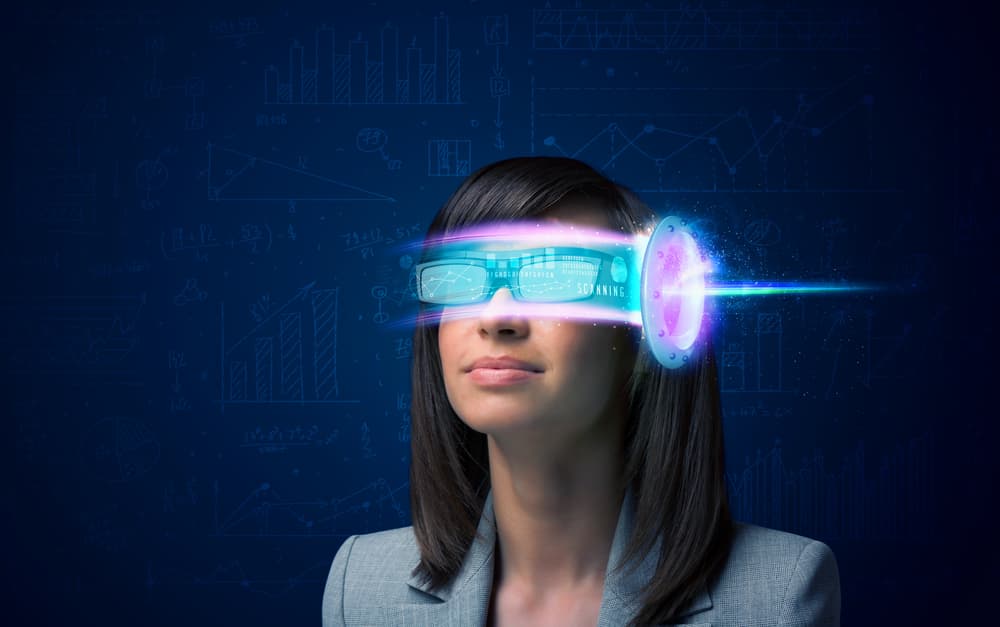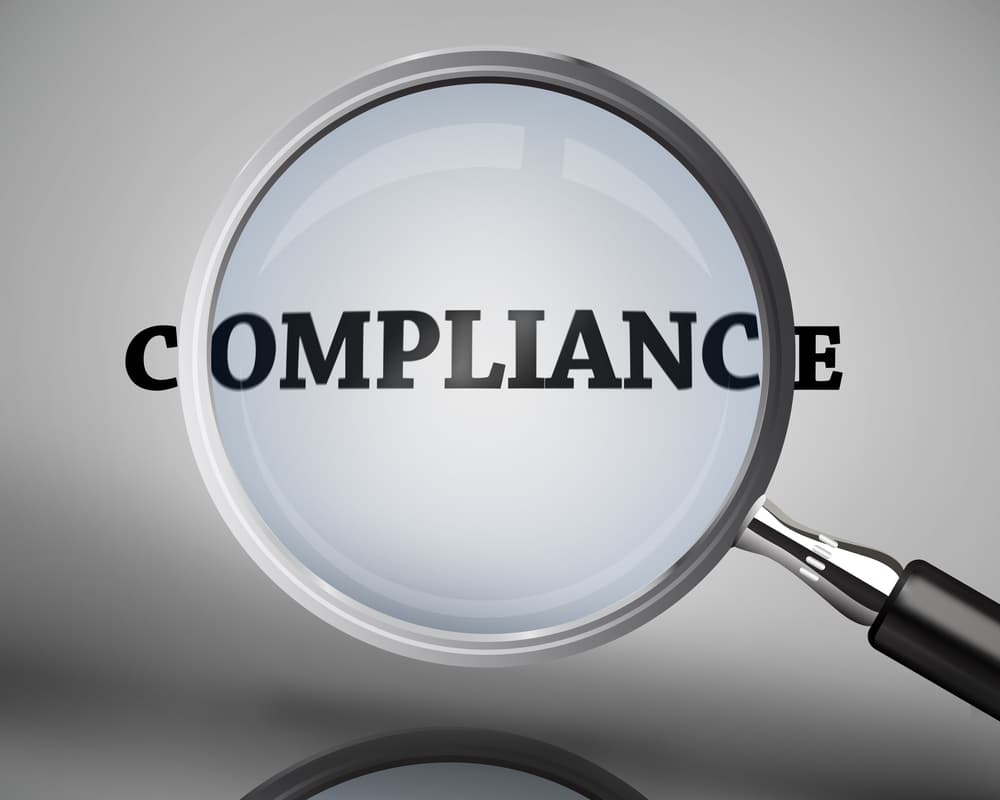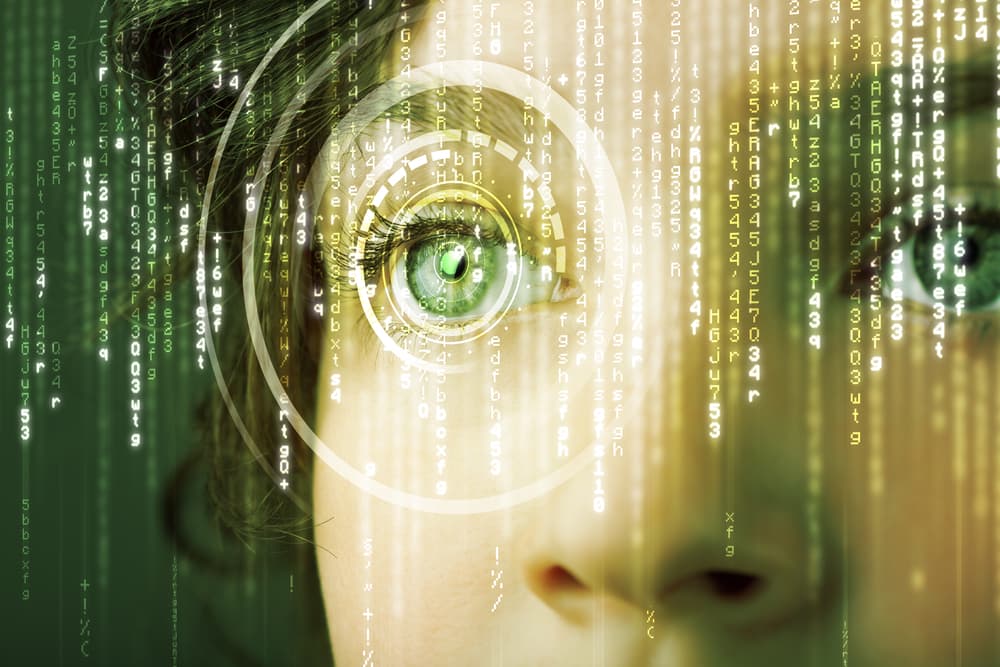Artificial intelligence (AI) is being hailed in some quarters as the biggest step for change for society since the industrial revolution and the emerging technology certainly could revolutionize the human resources (HR) industry by automating repetitive tasks and improving the efficiency and accuracy of HR processes.
HR professionals can not only use technology such as AI, data analytics, and machine learning (ML) to help automate tasks but these tools have the potential to improve decision-making and provide better service to employees.
“Organizations expect their business and HR leaders to balance functional duties with resource management – which means stronger investments in AI, advanced analytics, and ML,” reported Nathan Eddy in InformationWeek.
Organizations Need a Holistic Tech Upgrade to Stay Strategic
HR experts cautioned that if organizations fail to implement a holistic tech upgrade, it will increase the pressure facing HR departments today to be more strategic while creating company-wide inefficiencies and engagement issues.
“Clearly, AI is primed to disrupt the HR industry as we know it,” wrote Sameer Maskey, adjunct professor at Columbia University. “In fact, with AI, HR teams are poised to serve as a critical and strategic “talent insights engine” of an organization.”
What AI is not poised to do is become a substitute for human judgment as HR managers will need to use the rapidly improving technology with their own expertise and experience to make informed decisions.
“The future of AI-powered HR will only be successful through the integration of humans and machines. This will be particularly critical for weeding out any machine-led issues and discrepancies while keeping the “human” in human resources intact,” wrote Maskey. “Having AI free up a fair amount of time for these trained HR professionals will result in them focusing entirely on building teams that are not only productive but will also remain committed to their organizations.”
AI Has Already Been Changing HR for Years
All the hoopla around ChatGPT may make it seem like AI is an overnight sensation, but the reality is that AI has been a topic in HR for years.
“AI has already begun to be applied to a wide range of significant existing challenges for business and HR today,” wrote Kazuo Yano for the Society for Human Resource Management in 2017. “The future is already here, and the future of company success through AI has already begun. However, nothing will happen without action. HR has an opportunity to impact the world of work like never before.”
Yano concluded that “AI will change HR in ways that will far surpass anticipated misconceptions.”
He also said that “to see HR reinvented, HR professionals need to understand the following digital reform facts:
- AI itself is simple and can be understood by individuals lacking a technical background.
- AI surpasses predetermined rules and is made up of a systematic methodology that is flexible to change.
- Outcome settings and outcome thinking are key in the application of AI. Happiness, the ultimate outcome for humans, can now be measured with breakthrough wearable technology. Moving forward, AI will bring people happiness and support higher productivity, achieve growth, and improve organizational performance.
- Real AI will foster increased diversity among people. This contrasts with the “Big Brother” misconception of AI that dominates current thinking.
Of course, even Yano may be surprised by the speed and complexity of changes AI is bringing to the business world six years later.
7 Ways that HR is Utilizing AI: From Recruitment to Training
AI has the potential to augment many HR functions. Here are 7 specific ways that HR managers are leveraging AI tools:
- Recruitment and Hiring: AI can help streamline the recruitment process by identifying the best candidates for a particular job by analyzing their skills, experience, and qualifications. For example, AI-powered resume screening tools can scan thousands of resumes in minutes looking for keywords that are relevant to the job opening, saving HR managers time and effort while improving the quality of the candidate pool. AI-powered tools can also schedule interviews, and even conduct initial candidate interviews.
- Onboarding: Once AI helps HR identify a qualified candidate to hire, the technology can be used to automate the onboarding process, from sending welcome emails to scheduling training sessions. This can help ensure new employees have a smooth and positive onboarding experience. For example, AI can be used to create personalized onboarding plans for each new employee, based on their skills, experience, and interests.
- Employee Engagement: AI can help HR managers measure employee engagement by analyzing data from employee surveys, feedback mechanisms, communication patterns, and performance data. This can help HR managers identify areas where employee engagement is low and take steps to improve it. Some AI programs will analyze employee data and provide personalized recommendations to improve engagement.
- Performance Management: AI can help HR managers measure and track employee performance by analyzing data from various sources, such as employee feedback, project outcomes, and sales data. This can help HR managers identify high-performing employees and provide targeted training and development opportunities to help other employees improve their performance. AI can also be used to automate the performance management process, from setting goals to providing feedback. This helps ensure that performance reviews are fair and objective, and it can also help to improve employee engagement.
- Learning, Development, and Training: AI can help HR managers design and deliver personalized learning and development programs for employees by analyzing data from various sources, such as employee skills, learning styles, and job requirements. For example, AI-powered chatbots can provide personalized on-demand training and support programs to employees. These programs can be tailored to the individual employee’s needs and goals, and they can be delivered in a variety of formats, such as online courses, webinars, and live training sessions. For example, AI can be used to identify employees who are at risk of making mistakes, and it can then provide them with targeted training to help them improve their performance.
- Compliance and Ethics: AI can help HR managers ensure compliance with labor laws and ethical standards by analyzing data from various sources, such as employee time and attendance records and social media activity. This can help HR managers identify potential compliance issues and take corrective action before they become a problem. One area where technology is becoming more important than ever is leave of absence management with increasingly complex state and local leave laws.
- Benefits Management: AI can be used to automate the benefits management process, from enrollment to claims processing. This can help to save HR time and money, and it can also help to improve the accuracy of benefits administration. For example, AI can be used to automatically enroll employees in benefits plans, and it can also be used to process claims quickly and efficiently.
“Every aspect of life and work is being transformed by AI. Leading organizations understand the impact of AI on business models, workforce demographics, and the changing experiences expected by customers and employees alike. AI combined with strategic insight creates new business opportunities and is transforming the way HR contributes to an organization’s competitive advantage,” wrote Tina Marron-Patridge, Managing Partner, Global Leader Talent & Engagement, Global Business Services, IBM.





